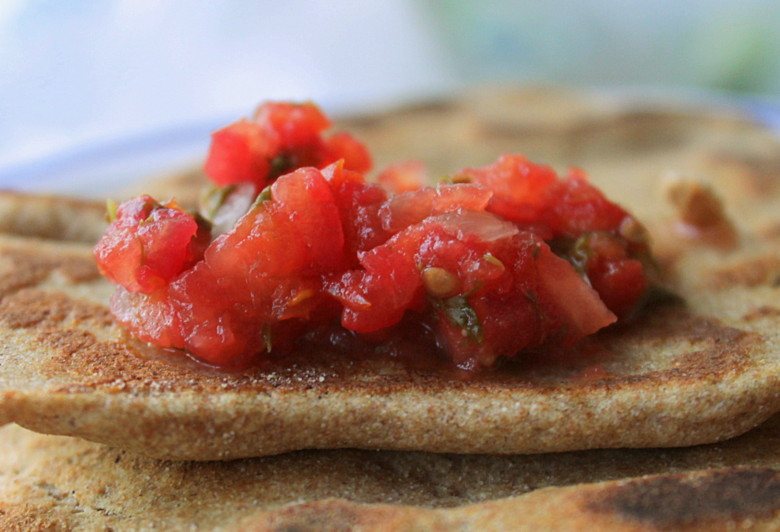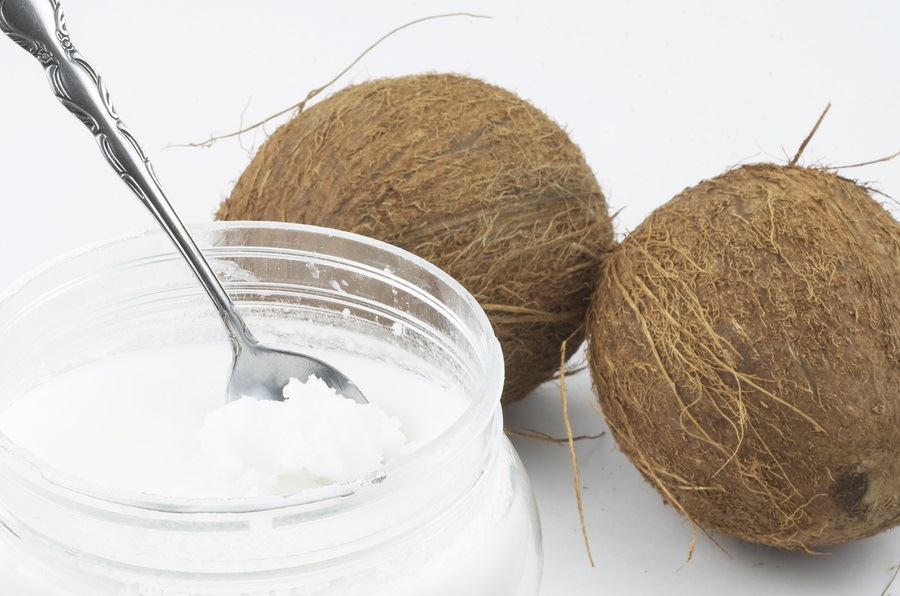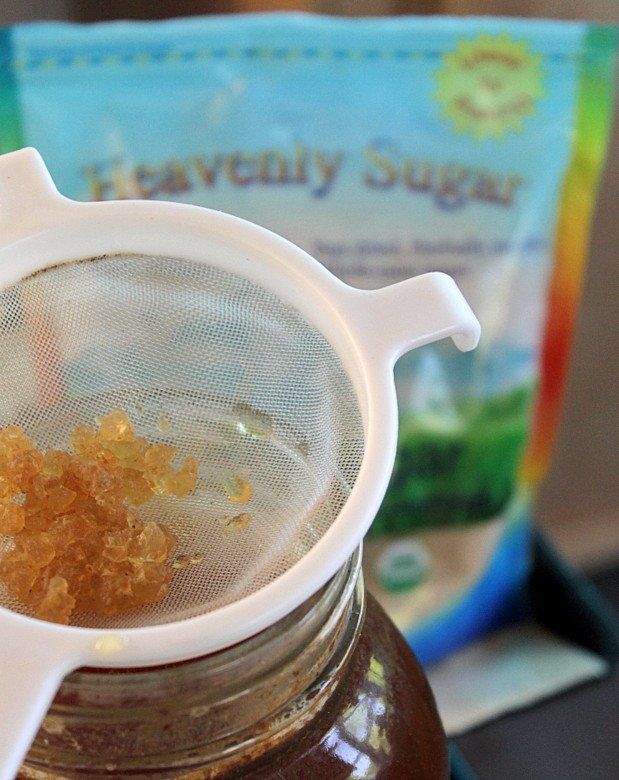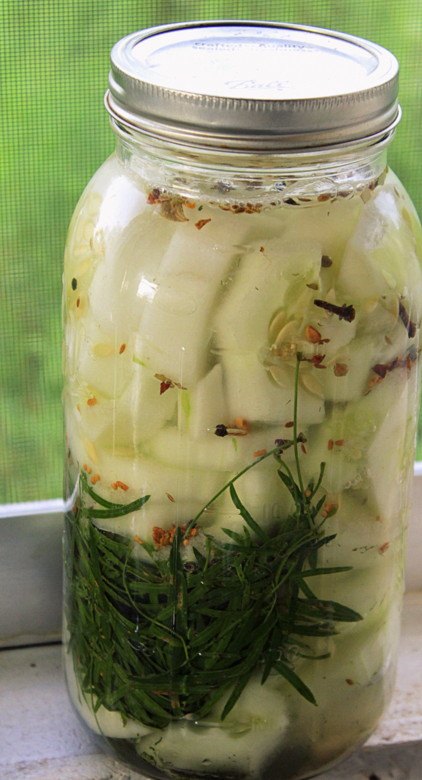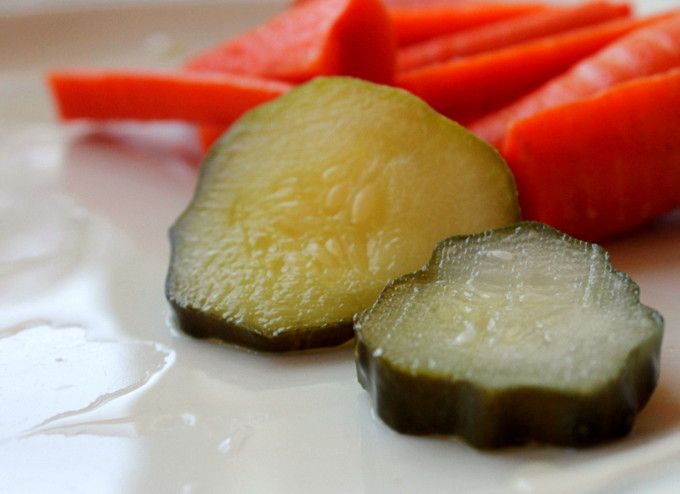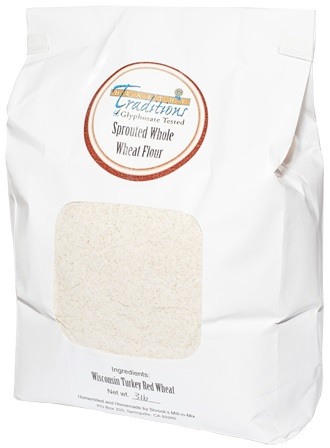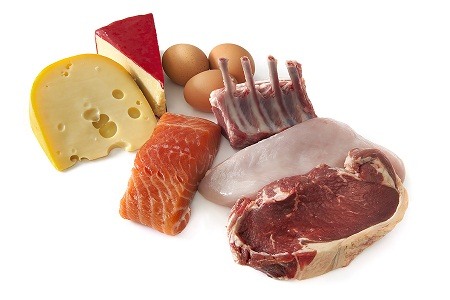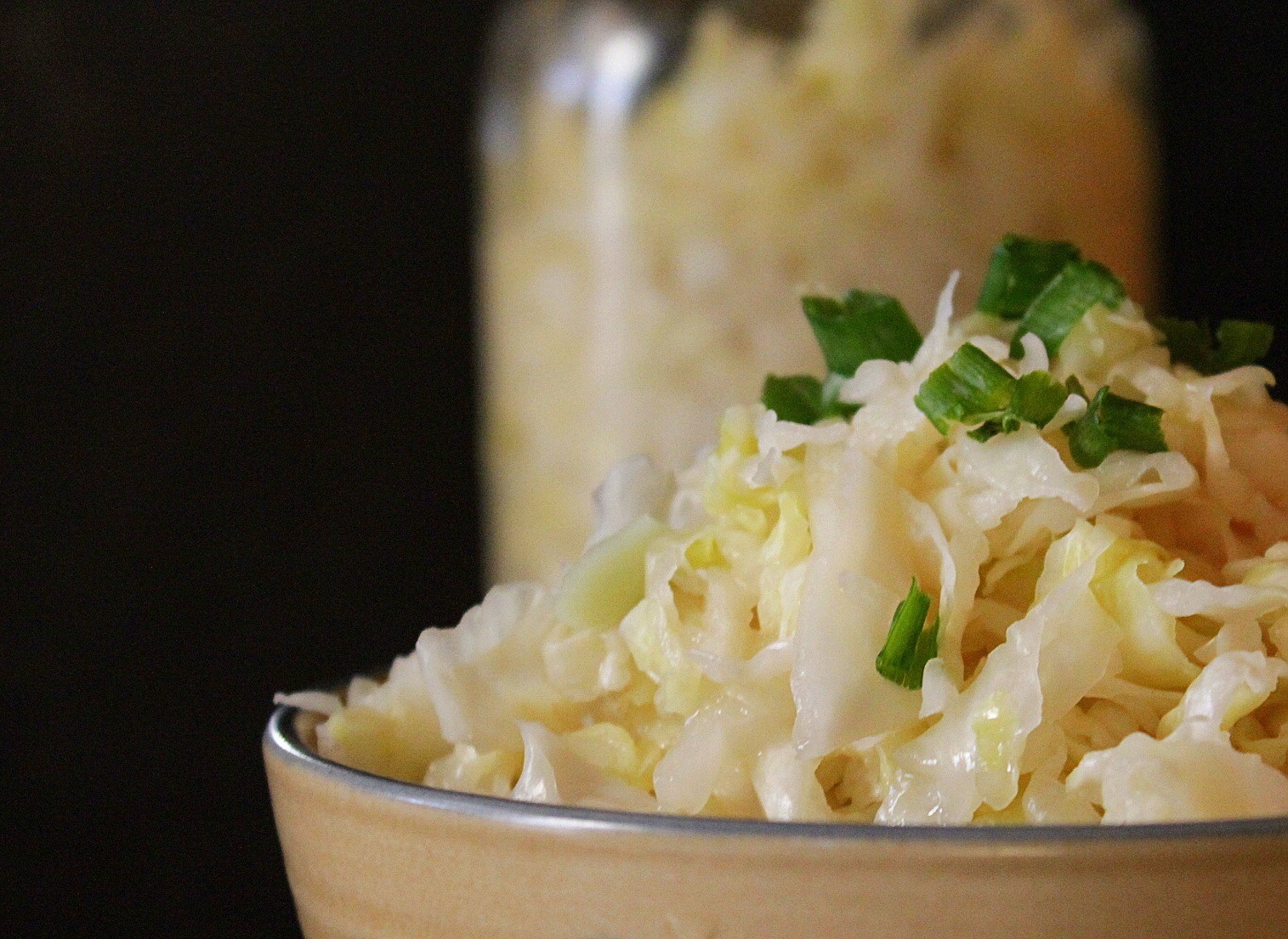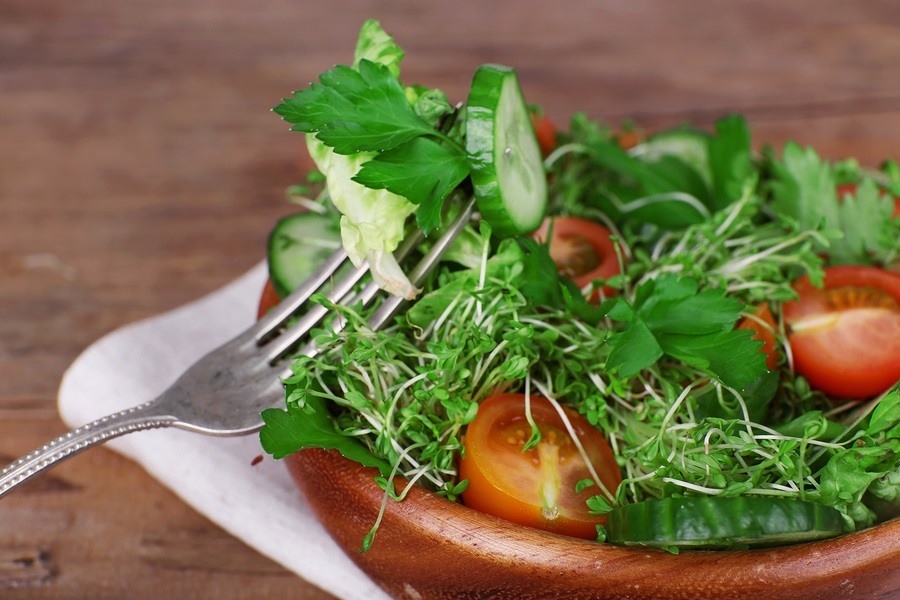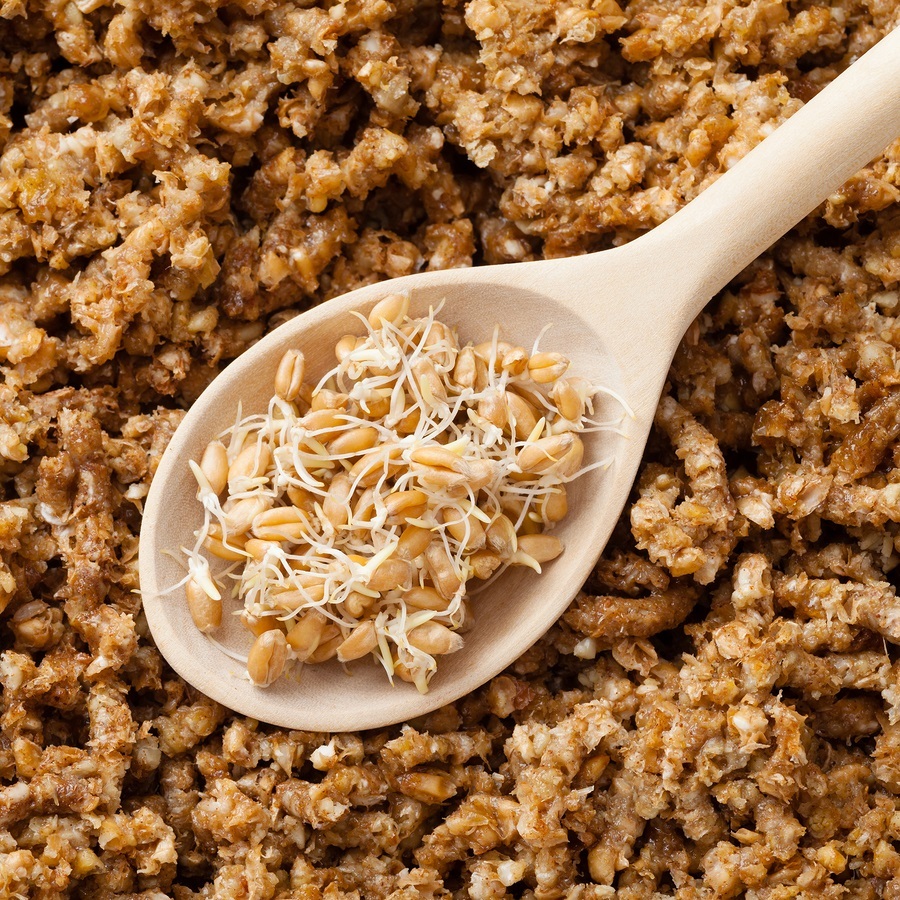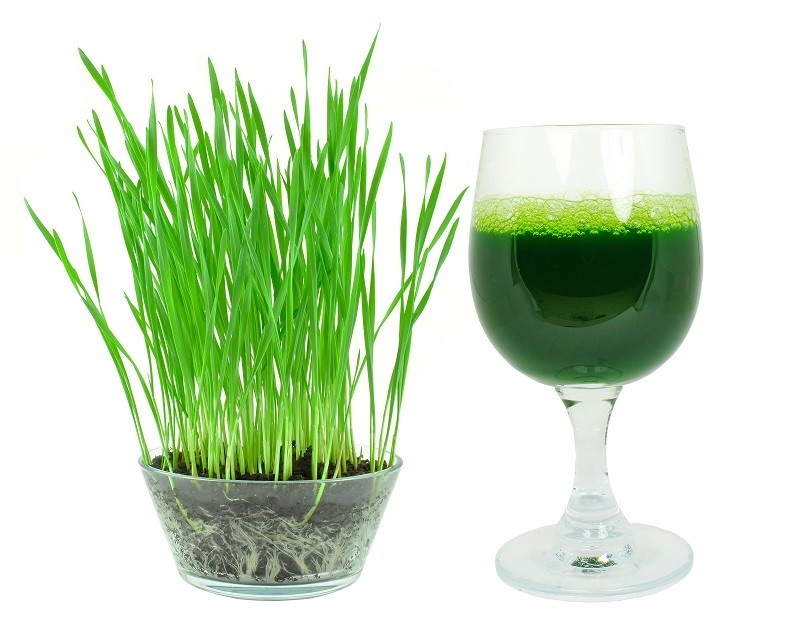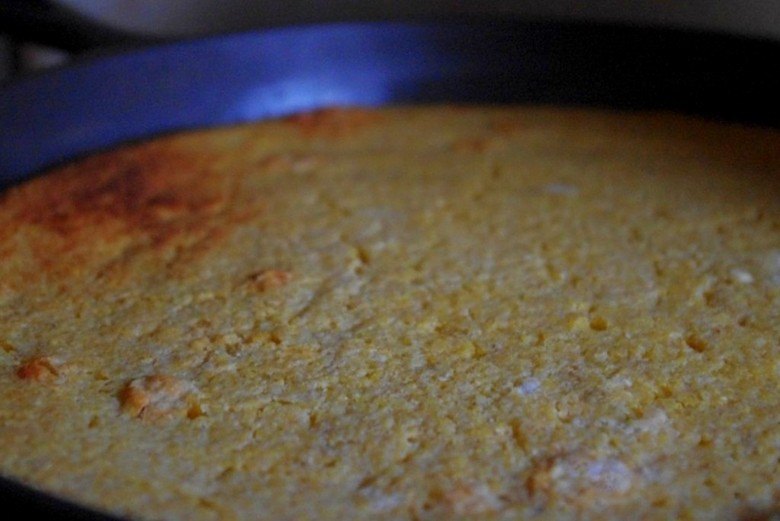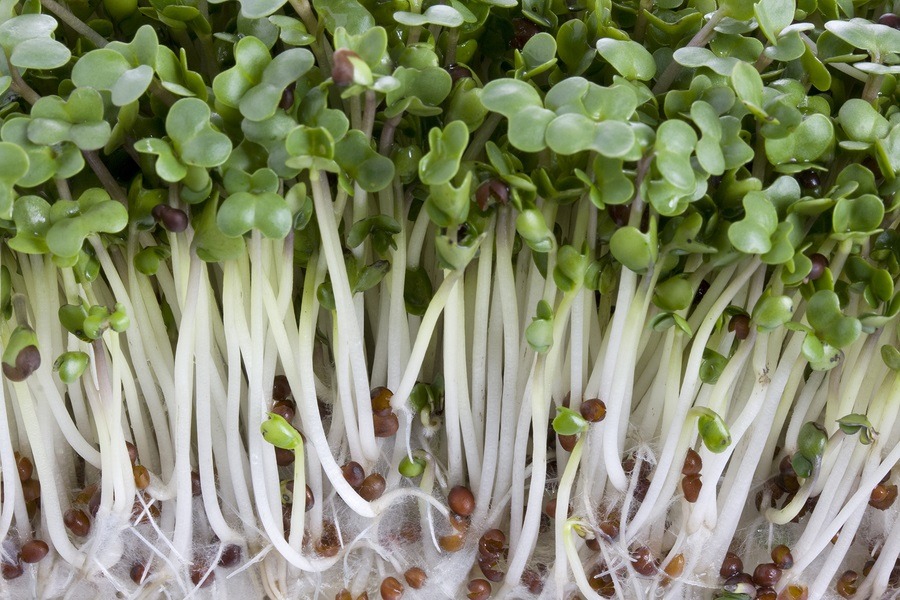News regarding traditional wisdom and native diets regarding nutrition.
How to Make Your own Lacto-Fermented Salsa
Salsa is widely loved for its ability to spice up - or simply add flavor to - any dish, Mexican-themed or not. Unfortunately, it is hard to find good salsa in regular markets. With the high pesticide content of peppers, tomatoes, and onions along with the genetic modification of tomatoes, what was once a healthful addition to the meal has now become a big question mark on the table. To really get the most bang for your buck, making homemade salsa from ingredients you know and trust is always your best bet. While ingredients can be combined into a spicy concoction and then canned to preserve them, many are coming around to fermentation as a means of making delicious, organic salsa. Here's a recipe you can use to make your own fermented salsa.
Saturated Fat Helps Avoid Diabetes
About one in three Americans now has diabetes or pre-diabetes. That's nearly 80 million people, the majority of whom suffer from type 2 diabetes – a preventable and, often, reversible condition. The problem is that many Americans are unaware that the foods they're eating could be setting them up for a dietary disaster, and this isn't their fault. Public health guidelines condemn healthy fats from foods like butter and full-fat dairy and recommend whole grains and cereals – the opposite of what a person with diabetes, or any person really, needs to stay healthy. For the last 50 years, Americans have been told to eat a high complex carbohydrate, low saturated fat diet. Even diabetics have been told to eat 50 to 60 percent of their daily calories in the form of processed carbs! Research, including a new study involving dolphins, again suggests that this movement away from traditional full-fat foods is contributing to the rising rates of diabetes and metabolic syndrome across the globe.
The Illusion of Choices in Choosing a Restaurant – Toxic Factory Food from a Handful of Suppliers
There are dozens of chain restaurants from which we can choose when we go out to eat. Some are fast-food eateries with counters for ordering, and others are traditional sit-down table service restaurants. Probably McDonalds is the most well-known fast-food chain, but dozens of other chains dot the landscape of towns and cities throughout America. As of 2012, there were 263,944 fast food restaurants in America with a combined revenue of well over $100 billion. If we set aside all the reasons for eating in specific fast-food restaurants, and only focus on the quality of food that is served, then where should we eat? Which restaurants offer the least toxic food? It might appear that we have dozens of choices, but this is actually an illusion. The difference between one fast-food restaurant and the next is negligible when considering the high levels of toxic ingredients that are in the food.
How to Make Water Kefir as a Refreshing and Healthy Beverage
Much like milk kefir grains, the origin of water kefir grains is shrouded in mystery. One thing is known, however, about this fermented beverage – it is one of the tastiest cultured foods you can consume. Many liken it to making your own probiotic soda without the high sugar content. Indeed, a refreshing carbonated beverage can be made from water kefir through an airtight second fermentation. The first fermentation is where it begins, though, with a simple mixture of water kefir grains, sugar, and water. Many additions can be made to water kefir – even during the first fermentation – and it is up to the home brewer to decide for themselves what it is that they and their grains prefer.
How to Make Homemade Lacto-Fermented Crunchy Dill Pickles
Besides the health benefits, one of the many wonders of using lactic acid fermentation as a means of preserving food is its versatility. While this recipe has that perfect dill and garlic cucumber pickle flavor, the recipe can be applied to any similar organic vegetable coming from the garden or market such as zucchini, yellow summer squash, Swiss chard stems, and even organic watermelon rinds. One of the more important facets of learning the art of vegetable fermentation is to be able to identify when a vegetable has fully fermented. There are a wide range of recommended days for the fermentation process, which can leave the home-fermenter perplexed. Instead of relying on these recommendations which may only apply in certain circumstances or climates, it is often better to look for signs of complete fermentation.
How to Eat Fermented Foods at Every Meal
Fermented foods have taken off in popularity in recent years with some recommending the consumption of at least one fermented food at every meal. They aid digestion by providing enzymes and probiotics and have been shown to have a host of benefits for everything from gut health to cancer to brain functioning. So there is no question that eating fermented foods daily – and even at every meal – is a great idea. While the practicality of such an endeavor can seem overwhelming, a bit of strategy and awareness will make these foods fall effortlessly into the meal.
Glyphosate-tested Heirloom Wheat Added to Healthy Traditions Network
Healthy Traditions has announced that it has added Glyphosate-Tested Heirloom Turkey Hard Red Winter Wheat to its network of GMO-tested and Glyphosate-tested food. Turkey Hard Red Winter Wheat is an heirloom variety of wheat first brought to America in the 1870s by Mennonites immigrating from Russia. Once the predominant wheat of Kansas, it was eventually replaced with modern higher-yielding varieties of wheat by the 1940s. It is quite rare today, not used in commercial agriculture, but mostly grown by small-scale family farmers.
Will New 2015 Dietary Guidelines Reverse Four Decades of Foolish Fat Phobia?
Every five years, the US Departments of Agriculture (USDA) and Health and Human Services (HHS) convene a 15-member panel to update the nation’s dietary guidelines. The panel’s mission is to identify foods and beverages that help you achieve and maintain a healthy weight, promote health, and prevent disease. In addition to guiding the public at large, the guidelines significantly influence nutrition policies such as school lunch programs and feeding programs for the elderly. The Dietary Guidelines Advisory Committee (DGAC) scientific report is an integral part of this process, as it serves as the foundation for the development of the dietary guidelines. The DGAC submitted its 2015 Scientific Report to the HHS and USDA in February 2015, which, to many people’s surprise, included the elimination of warnings about dietary cholesterol. Another remarkable turnaround is the Advisory Committee’s revised stance on fats. As noted in a recent Journal of the American Medical Association (JAMA)paper, the latest advisory report reverses nearly four decades of nutrition policy.
Sauerkraut Could Be The Secret To Curing Social Anxiety
It might sound outlandish, but the idea that your diet can have a huge effect on your emotions has become the focus of an exciting new area of psychological research. The latest addition to this growing body of research comes from psychologists at the College of William & Mary, and finds a link between a diet high in fermented foods and reductions in neuroticism and social anxiety.
8 Ways to Incorporate Salad Sprouts into Healthy Meals
We all know that salad sprouts are good for us, especially when we take the time to grow them at home. What's more is that in the process we're literally growing food in our own kitchen. It's a simple, doable process that anyone can follow with a little time and some good seeds. Using all of those sprouts is another story. Staring down a big bowl of fresh sprouts can make you wonder how you will find nutritious and tasty ways to use them all. In the traditional foods kitchen, there are myriad ways in which to incorporate them - mostly raw, some cooked, but all unique and delicious.
Feds to Reinvent School Lunches with Flavored Skim Milk Full of Toxic Additives
Reps. G.T. Thompson (R-PA) and Joe Courtney (D-CT) recently introduced the School Milk Nutrition Act of 2015, which seeks to increase dairy consumption in children by mandating low-fat and non-fat flavored milk for each school meal. As usual, there are powerful interests involved: the dairy industry, looking to regain market share, is very much in support of the new bill. The bill completely ignores the evidence indicating that whole dairy, as opposed to low-fat or non-fat, is the healthier option. Research has shown that consuming whole-fat dairy lowers the risk of diabetes, heart disease, and bowel cancer, and causes less weight gain compared to low-fat and non-fat dairy. The federal government, and the sponsors of this bill, rely on outdated ideas pointing to saturated fat as the enemy despite current research that says otherwise.
2015 Government Dietary Guidelines Continue Failed Low-Fat Advice
Despite a growing body of evidence that low-fat diets are harmful to health, the 2015 Dietary Guidelines for American Committee (DGAC) continues to recommend failed low-fat advice in its latest Advisory Report and request for public comment. The Weston A. Price Foundation, a nutrition education foundation, recently filed comments that detail serious inconsistencies and bias in the Report. For example, the Committee recommends avoidance of red meat, but notes serious nation-wide deficiencies in protein, iron and zinc, nutrients best supplied by red meat. In addition, the Report continues warnings against animal fats like butter and lard, while urging increased consumption of omega-6 vegetable oils. Animal fats provide vitamins A and D, nutrients also lacking in the American diet, while the omega-6 vegetable oils are linked to cancer and heart disease. “The tragedy is that these unscientific and agenda-driven guidelines are applied to breakfast and lunch in schools and day-care centers,” says Sally Fallon Morell, President of the Weston A. Price Foundation. “For example, growing children need the nutrients in the butterfat of whole milk, but whole milk is not allowed in federally funded meal programs.”
How to Grow and Juice Wheat Grass
Wheat grass is the young green shoots of the wheat plant. Like sprouts, this young growth creates a most nutrient-dense source of vitamins, minerals, and chlorophyll. What’s more is that wheat grass can be grown and juiced in the home kitchen. Growing wheat grass at home can be done in large or small quantities, depending on the number of servings desired and whether or not you wish to make larger batches and store shots of wheat grass in the refrigerator or freezer.
Gluten-Free Skillet Cornbread with GMO-tested and Glyphosate-tested Corn
Cornbread can be found in many forms throughout American history. It was the bread of the people of this country when the more expensive wheat was not available. It was a staple for many a family who grew corn in their own backyards. Today there are many forms of cornbread, the most ubiquitous being a sweet, light cornbread made with sugar or honey and a good portion of wheat flour. Similarly, gluten-free cornbread can be made in which the cornmeal is stretched with a portion of gluten-free flours and starches. Old-fashioned cornbread, on the other hand, is akin to a traditional cornbread made solely with cornmeal. There are no additional flours or starches and it is only very lightly sweetened. The high liquid content comes together with a hot oven to create a moist, flavorful cornbread that pairs perfectly with golden butter.
More Products Added to Glyphosate-tested Program: Digestive Enzymes and Palm Shortening
Healthy Traditions has recently added the Tropical Traditions palm shortening and the Enriching Gifts digestive enzymes to its Glyphosate-tested program.
Study: Trans Fat Hides in at Least a Quarter of Supermarket Foods
A new analysis by Environmental Working Group has found that harmful artificial trans fatty acids lurk in more than 27 percent of more than 84,000 processed foods common in American supermarkets. Another 10 percent contain ingredients likely to contain trans fat. In most cases, the products’ trans fat content on the nutrition label doesn't add up. The reason: an obscure loophole in federal food labeling regulations that allows food processors to round off less than half a gram of trans fat per serving to zero. “Most people wouldn’t know they were consuming these unhealthy trans fat because when they see zero or ‘trans fat free’ on a label, they assume it means what it says,” Dawn Undurraga, EWG nutritionist, said. “With this important analysis, we hope to lift the veil on one of the food industry’s dirty little secrets and help shoppers reduce trans fat in their diet.”
How to Grow You Own Salad Sprouts
After decades of poor results through the industrialized food system, it seems we are hearing about a homegrown revolution more and more. Indeed, growing one’s own food is a certain means of knowing exactly what is going into the many plants and animal products that go on the table. But there are many challenges that don’t make this simple task as easy as it may seem. Land, soil health, and seasonality all present challenges to the ideal of sowing the seeds of our supper with our own two hands. Thankfully there is a way to grow enzyme-rich raw vegetables right in the home kitchen without the need for soil or land. Some seeds, water, and simple equipment are all that is necessary.
Tropical Traditions Coconut Oils and Coconut Products Now All Glyphosate-tested
Tropical Traditions has finished testing all of their coconut oils and coconut products for the presence of the herbicide glyphosate. They now have a system in place to test each batch of coconut oil or coconut products exported from the Philippines for the presence of glyphosate. The Tropical Traditions Gold Label Virgin Coconut Oil also carries the "Traditionally Produced" label, since this coconut oil is not mass produced by machine. It is a traditionally produced coconut oil made by hand in small batches, much the same way people in the Philippines have produced it for thousands of years. Tropical Traditions was the first company to import virgin coconut oil from the Philippines in 2002, and it remains one of the only premium coconut oils in the United States that is still produced using traditional methods, rather than being mass-produced by machine.




